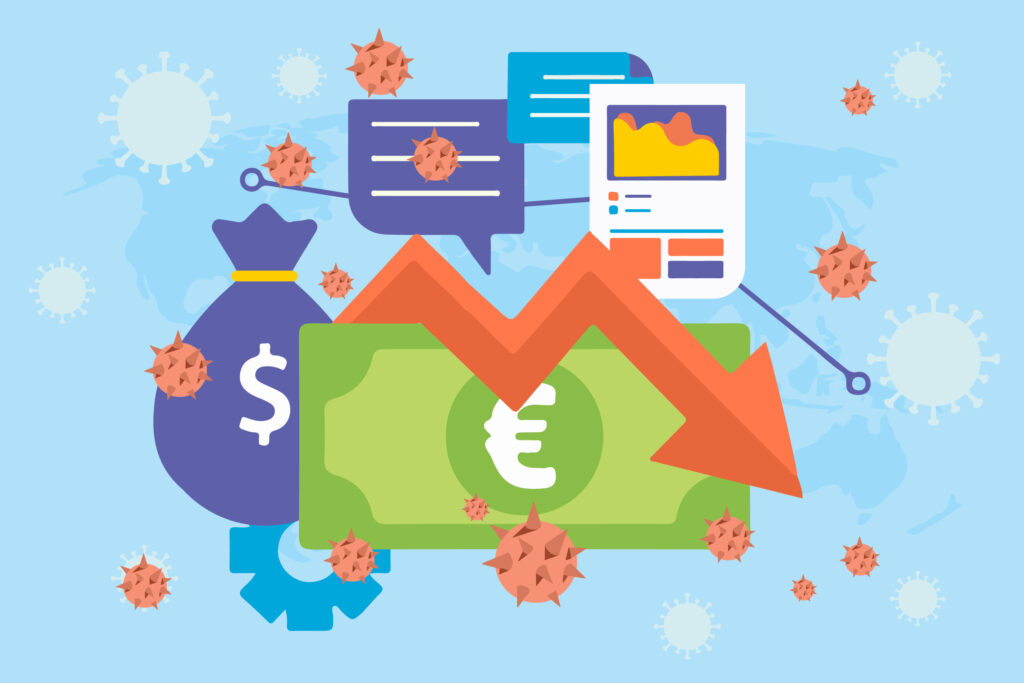Table Of Content
The Myth of Crawl Budget: How Google Really Decides What to Index (and How to Win)

In the ever-evolving world of search engine optimization (SEO), the concept of “crawl budget” has long been a source of heated debates and confusion. While SEOs previously believed that websites were subject to a strict limit on how many pages Google could crawl per day, a recent podcast with Google’s Search Relations team has finally put those worries to rest. The key to success has shifted: high-quality content reigns supreme!
Understanding the Changing SEO Landscape
Let’s unpack what this change in Google’s mindset means for website owners:
No More Fixed Crawl Budget: Forget the notion that your website is confined to a set daily number of crawls. Google’s sophisticated algorithms don’t work that way.
Quality is King: Google prioritizes websites offering the most valuable, relevant, and user-friendly content.
Dynamic Crawling Rules: How frequently Google crawls your site depends on factors such as the quality of your content and the search demand for your niche or topic.
No More Fixed Crawl Budget: Forget the notion that your website is confined to a set daily number of crawls. Google’s sophisticated algorithms don’t work that way.
Quality is King: Google prioritizes websites offering the most valuable, relevant, and user-friendly content.
Dynamic Crawling Rules: How frequently Google crawls your site depends on factors such as the quality of your content and the search demand for your niche or topic.
A Conversation with Google: Demystifying Crawling
To truly understand Google’s approach, let’s examine a revealing exchange between Gary Illyes of Google’s Search Relations team and SEO consultant Dave Smart:
Illyes posed the thought-provoking question, “If you operated a crawler, how would you decide what to fetch?” Dave Smart, as an SEO expert, focused on known data and the importance of links to determine what pages are important for crawling.
Illyes elaborated, revealing that Google’s decision-making involves two key factors:
1.The Scheduler: Proactively determines what pages should be crawled.
2.Search Demand: User search queries play a significant role in guiding the crawler’s focus. Put simply, a decline in search demand for a topic can mean a decrease in crawl activity.
The bottom line, as Illyes explains, is that “if you want to increase how much we crawl, then you somehow have to convince search that your stuff is worth fetching.”
How google crawling works
How google indexing works
Add Relevant Images/Videos wherever needed.
Illyes elaborated, revealing that Google’s decision-making involves two key factors:
1.The Scheduler: Proactively determines what pages should be crawled.
2.Search Demand: User search queries play a significant role in guiding the crawler’s focus. Put simply, a decline in search demand for a topic can mean a decrease in crawl activity.
The bottom line, as Illyes explains, is that “if you want to increase how much we crawl, then you somehow have to convince search that your stuff is worth fetching.”
How google crawling works
How google indexing works
Add Relevant Images/Videos wherever needed.
How to Optimize Your Website for Success
So, how do you actually get Google’s crawlers to prioritize your website? Here’s the answer:
1. Create Outstanding Content
Target Audience: Tailor your content to the specific needs and interests of your ideal readers.
Keyword Research: Pinpoint what your audience is searching for and integrate those terms naturally into your writing.
Expertise and Readability: Ensure your content offers valuable insights, authority, and is easy to understand.
Keyword Research: Pinpoint what your audience is searching for and integrate those terms naturally into your writing.
Expertise and Readability: Ensure your content offers valuable insights, authority, and is easy to understand.
2. Regularly Update
Keep your content fresh, demonstrating your commitment to accuracy and relevance.
3. User Experience (UX) Matters
Make your website navigation intuitive and loading speeds fast to provide a seamless and positive experience for visitors.
4. Promote Your Work
Actively share your content across social media platforms and other relevant channels to increase awareness and drive more traffic.
Don't Forget the Technical Aspects!
While quality content is paramount, ensure these technical aspects of your website are in order to improve your crawlability:
1. Sitemap
Create and submit an XML sitemap to help Google easily discover your most important pages.
2. Internal Linking:
Strategically link between your related content, guiding both users and search engines.
3. Page Speed
Make sure your website loads quickly, providing a positive UX and potentially improving how many pages Google can crawl.
Quality Content is Your Key to SEO Success
By consistently producing high-quality content that resonates with your target audience, you’ll send powerful signals to Google’s search engine. The result? Increased crawling, higher indexing potential, and greater visibility within search results. Focus on what matters most – the user! – and the rest will follow.
Embrace the new era of quality content with SaaS Inbound’s Tailored Strategy that resonates with your ICP, and watch your website climb the search rankings.
Grow Your Organic Presence With Our Strategic Approach and Never Worry About SEO
Grow Your Organic Presence With Our Strategic Approach and Never Worry About SEO
